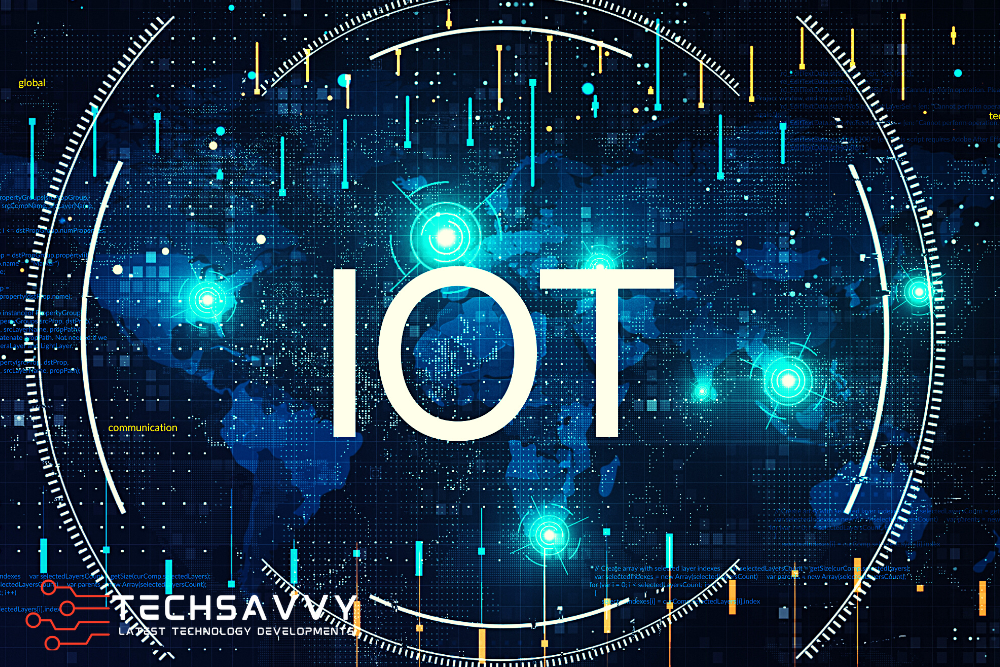 |
| Scaling IoT with Cloud Technology: Unlocking the Benefits and Opportunities |
Scalability
IoT devices generate large amounts of data, and this data needs to be stored, processed, and analyzed to be useful. Cloud technology provides the necessary infrastructure to handle this data and make it available to the devices and applications that need it. IoT devices can connect to the cloud through various means such as Wi-Fi, cellular, or wired networks, and once connected, they can send and receive data to and from the cloud. One of the key benefits of connecting IoT devices to the cloud is scalability. IoT devices can generate vast amounts of data, and cloud technology provides the ability to scale up or down to handle this data as needed. This allows organizations to easily accommodate growth in the number of connected devices without having to invest in expensive infrastructure. Additionally, cloud technology allows for data to be stored and processed in different locations, providing greater flexibility and disaster recovery options.
Real-time Analysis
Another benefit of connecting IoT devices to the cloud is the ability to perform real-time analysis of data. IoT devices generate a large amount of data, and cloud technology provides the ability to process and analyze this data in real time. This allows organizations to gain insights and make decisions based on the data generated by their devices. Additionally, cloud technology provides the ability to perform data analytics using advanced algorithms, such as machine learning and artificial intelligence, which can help organizations uncover patterns and trends in the data that would otherwise be difficult to detect.
Security
One of the most important benefits of connecting IoT devices to the cloud is security. IoT devices are often deployed in remote locations, and the cloud provides a central location for managing and securing these devices. This allows organizations to easily monitor and manage the security of their devices, as well as apply security updates and patches. Additionally, the cloud provides a secure location for storing and analyzing data, as well as for providing secure access to the data for authorized users.
Business Opportunities
IoT and cloud technology can also be used to create new business models and revenue streams. For example, by connecting IoT devices to the cloud, organizations can provide new services and applications based on the data generated by their devices. This can include services such as predictive maintenance, real-time inventory management, and energy management. Additionally, organizations can monetize the data generated by their devices by selling access to the data or by using the data to improve their own products and services.
The benefits of connecting IoT devices to the cloud are clear: it provides the ability to easily handle vast amounts of data, perform real-time analysis, and enhance security. Additionally, it opens up new business opportunities, such as creating new revenue streams by providing new services or monetizing data. As IoT technology continues to advance, the use of cloud technology will become increasingly important in order to take full advantage of the data generated by these devices. Therefore, organizations should explore the potential of connecting their IoT devices to the cloud in order to stay competitive in today's digital landscape.
.png)



